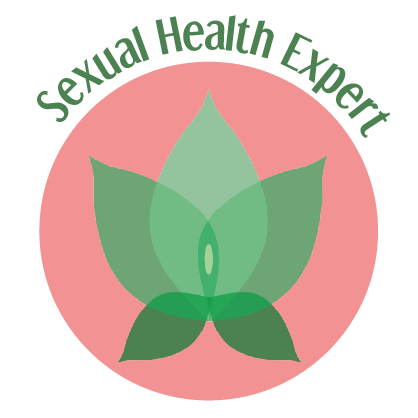Understanding Pregnancy: A Comprehensive Guide to the First Trimester and Beyond
Pregnancy is a significant period in a person’s life, marked by a variety of physiological and emotional changes. This guide provides extensive information focused on the first trimester, including your first positive pregnancy test, choices available, basic care, where to seek neutral advice, and considerations for the later stages of pregnancy.
The First Trimester
The first trimester spans from week one through week twelve of pregnancy. During this time, the body goes through rapid changes as the embryo develops into a fetus.
First Positive Pregnancy Test
Most people discover their pregnancy through a home pregnancy test, which detects the hormone human chorionic gonadotropin (hCG) in urine. It's advisable to take a test after a missed period for the most accurate result. Here’s what to expect:
Timing: Perform the test first thing in the morning when hCG levels are highest.
Interpreting Results: Two lines usually indicate pregnancy; a single line means not pregnant. If you're uncertain, repeat the test after a few days or consult a healthcare provider, your local GP/family planning clinic can help you if you are unsure.
Choices Available
Upon receiving a positive result, individuals can face various choices regarding their pregnancy. It is essential to weigh options based on personal circumstances, preferences, and values. These choices may include:
Continuing the Pregnancy: Many individuals choose to continue the pregnancy and prepare for childbirth.
Termination of Pregnancy: Others may consider abortion. It's crucial to be informed about the legal options, procedures, and potential counselling resources.
Adoption: This means completing the pregnancy and giving birth then allowing your baby to be adopted. The choices here ranging from open to closed arrangements.
It’s recommended to discuss these choices with healthcare providers, who can offer guidance and support.
Basic Pregnancy Care
Once the decision to continue with the pregnancy is made, appropriate care becomes essential for the health of both the individual and the developing fetus. Key components include:
Healthy Nutrition: A balanced diet rich in fruits, vegetables, whole grains, lean proteins, and dairy is crucial. Supplements such as folic acid are recommended to prevent neural tube defects.
Prenatal Care: Schedule a visit with a healthcare provider to begin prenatal care. Regular check-ups allow for monitoring the health of both the individual and the baby.
Exercise: Unless contraindicated, moderate exercise can be beneficial. Consult a healthcare provider about the safest forms of activity.
Avoid Harmful Substances: Abstain from alcohol, tobacco, and recreational drugs. Limit caffeine intake and avoid certain medications and foods that may harm the developing fetus.
Where to Go for Neutral Advice
Accessing reliable and neutral information is vital during pregnancy. Some reputable sources include:
Healthcare Providers: Gynaecologists, midwives, and general practitioners are excellent resources for personalised advice and support.
Official Health Organisations: National health services or organisations focused on maternal health can provide evidence-based resources.
Counselling Services: If facing indecision or emotional challenges, professional counselling can help navigate feelings and options.
Advice for Later Stages
As pregnancy progresses into the second and third trimesters, focus shifts to preparing for birth and addressing any ongoing health needs. Key considerations include:
Preparations for Labour: Understand the signs of labour, the importance of a birth plan, and options for pain management.
Regular Check-ups: Continue consistent appointments to monitor growth and health, including ultrasounds and blood tests.
Childbirth Classes: Many find participating in childbirth classes beneficial. These classes offer education on birthing techniques, parenting basics, and infant care.
Who to Contact in Emergencies
Emergencies during pregnancy can vary from severe abdominal pain to bleeding or significant headaches. Immediate medical attention is crucial in these situations. Here’s who to contact:
Emergency Services: If serious symptoms arise, dial emergency services or go to the nearest hospital.
Healthcare Provider: Contact your midwife or obstetrician for guidance during urgent concerns that do not require immediate hospitalisation.
Conclusion
Understanding pregnancy, especially during the first trimester, is vital for making informed choices and ensuring a healthy experience. With appropriate care, support, and access to reliable information, expectant individuals can navigate this transformative period with confidence and knowledge. Always seek professional advice tailored to your individual circumstances, and prioritise your health and well-being.
